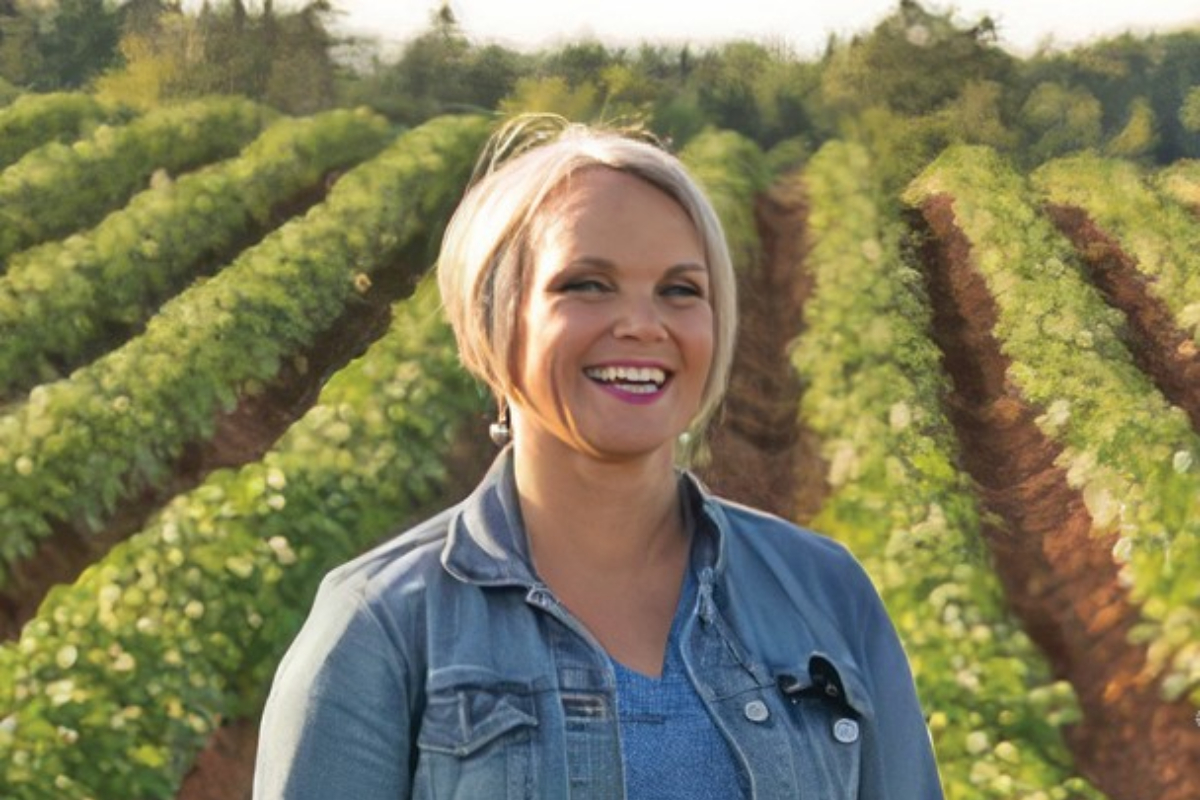In Canada, 11 million tonnes of food, or 20 per cent of what’s produced, becomes avoidable food loss. Johan Acros Mendez saw the waste firsthand and decided to address it.
Mendez founded InVerte, which equips food insert containers with a scale and a sensor to assist with portion control. The scale measures how much of an ingredient has been used, and the sensor comes with a light that flashes green or red, depending on whether the right portion size was used. Mendez says “It is like having an intuitive traffic lighthouse” to keep kitchen staff on track.
InVerte also comes with a software application restaurant owners can use to access data analysis, like the number of portions served or employee performance. Mendez calls it “intelligent portioning.”
When did you realize this was a problem that you wanted to solve?
When I moved to Canada and was living in my university’s dormitory residences. I witnessed an unprecedented amount of food waste, and as an Ecuadorian, I was appalled by the attitude of North Americans towards food, especially because the place had a buffet. It was an eye-opener to see how folks were grabbing lots of food, but then most of the plate went to waste. That seemed like a major issue, and that’s when I knew I had to leverage my technical background to come up with a solution.
Can you explain how you used AI to help solve this problem?
We use deep learning to monitor time series, which is a sequence of numbers indexed or ordered by time. So, imagine you have 10 numbers and for each number, you assign a label or variable, time, that makes a time stamp. We use an artificial intelligence model to detect whenever one of these time series has an outlier, meaning the scale generates a sequence of numbers, but it throws a nonsensical value. Our intelligent systems can determine, “This has happened and we need to execute an action to remediate the problem,” as opposed to calling the manager, and we automate this.
How do businesses and customers benefit from using your service?
Our early adopters benefit from our solution by increasing consistency and reducing food costs. Restaurant operators have increased food costs as a result of poor portioning and squandering at line stations. Imagine you’re a restaurant operator and you have 10 line cooks assembling orders, and sometimes they give too much away or too little, this harms the diner’s experience because you lose trust in that brand and you don’t go to that restaurant as often. The restaurant owner’s main problem is they want to keep food costs down and have high profitability.
What are the consequences of unequal or inconsistent portion sizes?
Our technology helps with the industry’s high turnover rate because during these periods, that’s when the inconsistency of portions increases severely and as a result, you as a customer start losing trust in that brand, so you try something more consistent. Why is McDonald’s so successful? Because they’ve mastered all of these processes and they don’t really operate as a restaurant, they operate like an assembly line.
What other innovations can you foresee InVerte getting involved in given the technology you have?
Our precision-portion scales are helping restaurants with portion control, but once we’re able to track several food inserts and track the whole line, we’re going to be able to provide restaurants with smart recipe guidance. So, whenever the cook gets an order, we’re going to know which ingredients we should tell the employee to grab first, and we can cut down on our training costs, and it’s going to be very intuitive for our customers to assemble recipes. One major contributor to food waste is mistaken orders; when this happens at some places, you have to throw it away. So, we’re going to be able to eliminate mistaken orders or human errors.
Once we master that, we’re going to be able to provide diners the ability to customize their portion sizes and provide them with intelligent billing. If I have dietary goals to cut down on fat, for example. And one of the main contributors to waste in the industry is customer leftovers. The way I envision us addressing this problem is by giving the diner the ability to customize how much they’d like to eat and as a result, pay by weight, rather than with standard prices or portion sizes.
Marcus Medford | Contributing Writer




















